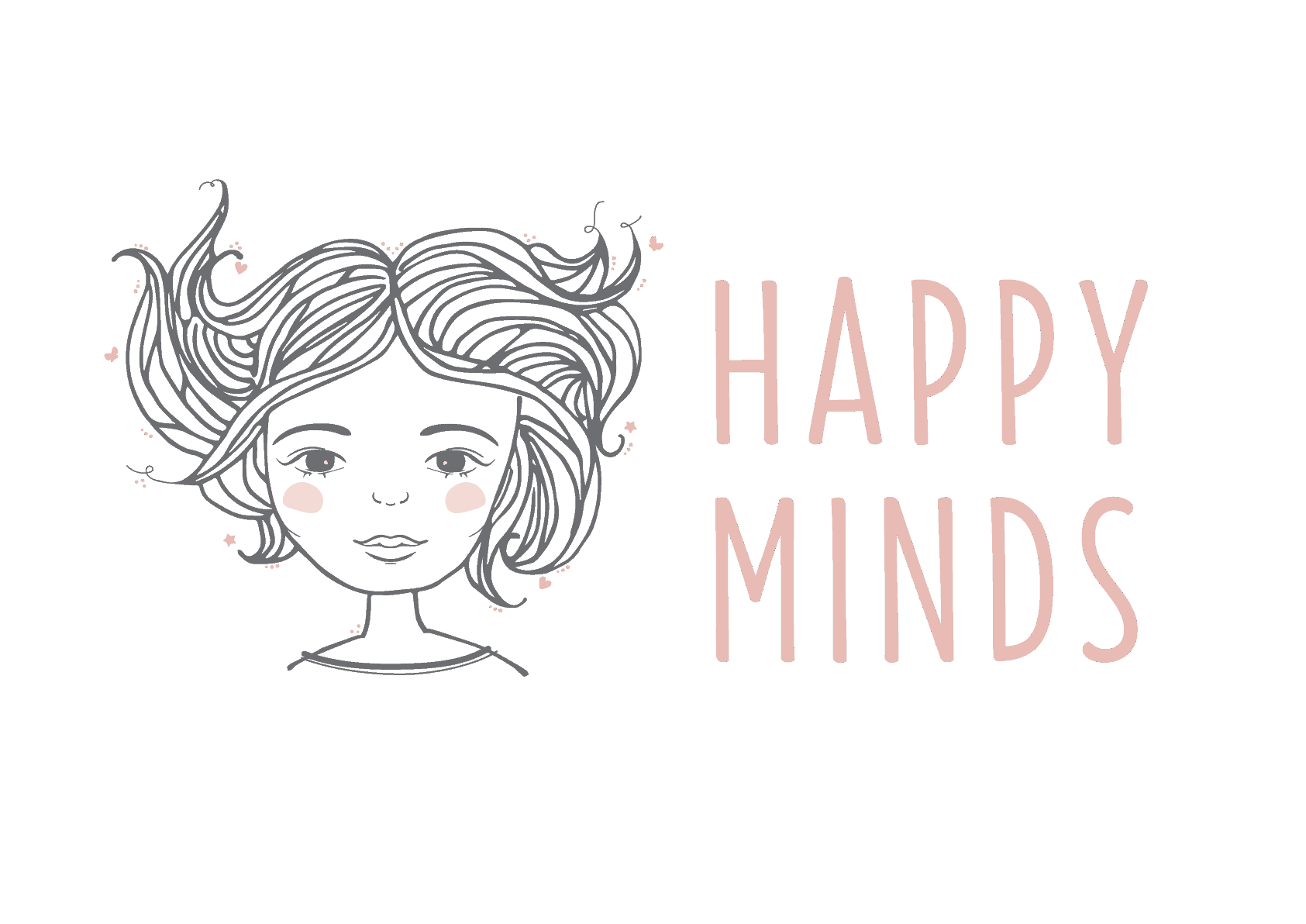Panic disorder is a type of anxiety disorder that can significantly impact an individual’s quality of life. It’s characterised by sudden, overwhelming bouts of fear or panic that can occur unexpectedly.
At Happy Minds Psychology, we understand how these experiences can be daunting, and we’re here to provide support and guidance for those facing such challenges.
Defining Panic Disorder
Panic disorder goes beyond the occasional feeling of anxiety that everyone experiences. It involves frequent and unexpected panic, which are intense periods of fear or discomfort that escalate quickly, often with no apparent trigger. Panic can be so severe that individuals might feel they’re losing control or having a heart attack.
In Australia, panic disorder is relatively common, affecting a significant portion of the population at some point in their lives.
Understanding this condition is the first step towards managing it effectively. At Happy Minds Psychology, we’re committed to providing our clients with this crucial knowledge and support.
Common Signs of Panic Disorder
Recognising the signs of panic disorder is key to getting the right help. Some of the most common symptoms include:
- Sudden and intense feelings of fear or terror that peak within minutes.
- Physical symptoms such as heart palpitations, chest pain, or a pounding heartbeat.
- Feeling short of breath or smothered.
- Experiencing shaking, trembling, or sweating excessively.
- Nausea or dizziness.
- A fear of losing control, going mad, or dying during panic.
- Numbness or tingling sensations.
- Chills or hot flushes.
These symptoms can be incredibly overwhelming and often lead to a persistent worry about future panic.
At Happy Minds Psychology, we’ve seen firsthand how these symptoms can affect one’s life, and we’re here to help our clients navigate through them.
Physical vs Psychological Symptoms
Panic disorder is unique in its blend of physical and psychological symptoms, making it a particularly challenging condition to manage without professional help.
Physical Symptoms:
The physical symptoms of panic disorder are often the most noticeable and can be mistaken for heart problems or other serious health issues. This includes rapid heartbeat, chest pain, dizziness, shortness of breath, trembling, and excessive sweating.
These symptoms are the body’s natural response to perceived danger or stress, known as the ‘fight or flight’ response. However, in panic disorder, this response is triggered without any real danger.
Psychological Symptoms:
The psychological aspects of panic disorder are equally impactful. Individuals may experience overwhelming fear or anxiety, even in safe situations.
There’s often a fear of the panic itself, leading to a cycle of anxiety and avoidance behaviour. This can include avoiding places or situations where previous panic has occurred.
Feelings of detachment or unreality (derealisation) or being detached from oneself (depersonalisation) can also occur during panic.
Remember, recognising these symptoms in oneself or a loved one can be the first step towards seeking help and managing panic disorder effectively.
When to Seek Help
Recognising when to seek professional help is crucial in effectively managing panic disorder. It’s important to consult a psychologist if:
- Panic is frequent and unpredictable, severely impacting daily life.
- There’s a constant worry about experiencing panic, leading to behavioural changes or avoidance of certain places or situations.
- Physical symptoms are causing distress and are not attributed to other medical conditions.
- The fear of panic is leading to additional mental health concerns, such as depression or increased anxiety in general.
At Happy Minds Psychology, we emphasise the importance of early intervention. Seeking help early can prevent the escalation of symptoms and make treatment more effective.
Empowering Your Journey Towards Recovery from Panic Disorder
Panic disorder can be a debilitating condition, but with the right support and treatment, individuals can regain control over their lives. Recognising the signs and seeking help early is key to effective management.
We encourage anyone experiencing the signs of panic disorder to reach out to Happy Minds Psychology for expert care and support. Our team is committed to helping you navigate through these challenges and achieve a happier, more fulfilling life.
If you or someone you know is struggling with symptoms of panic disorder, don’t hesitate to contact Happy Minds Psychology.

